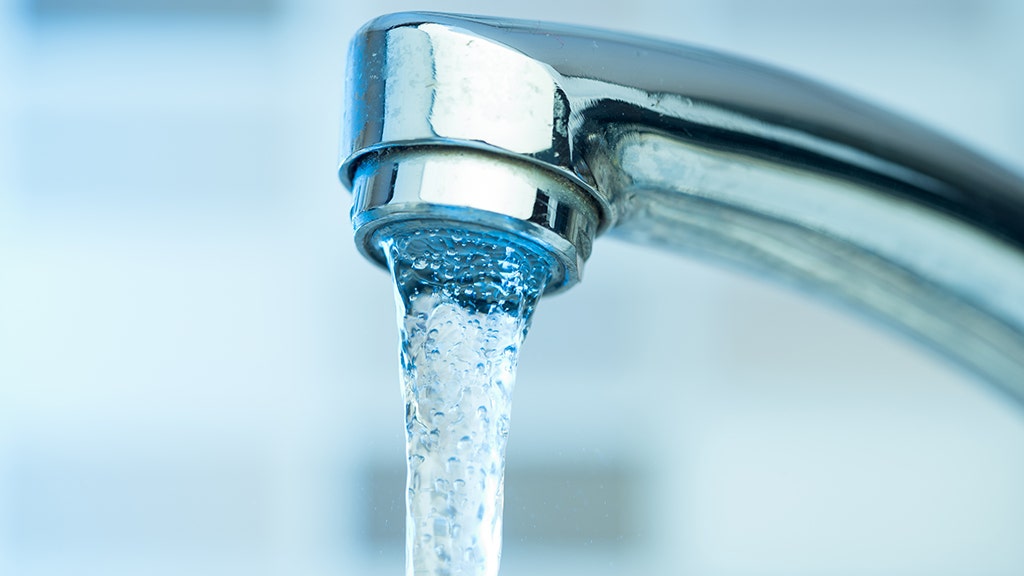
Newark has a drinking water problem.
That fact remains after officials continue to tout the New Jersey city’s water as the best and safest in the state and nation.
Newark Mayor Ras Baraka announced Friday the city will distribute free filters to at-risk homes with lead service lines. This follows negative results the city received from a corrosion control study conducted by CDM Smith, an engineering company.
“The corrosion control presently being used has not been effective,” Baraka said.
Ineffective corrosion control allows lead to leach into drinking water from lead service lines or plumbing. Fox News reported in August about the concerns of lead in Newark’s drinking water.
The city has partnered with PUR to secure water filters for affected residents. The company is providing 20,000 filters free of charge and the city will purchase an additional 20,000.
The filters are meant to provide a temporary fix until the city can execute efficient corrosion control. Finding a solution could take six to eight months.
The mayor estimates up to 30,000 residents are affected. Despite that, the mayor stands by the city’s earlier statement that the water is safe to drink.
“When you make a statement that the drinking water is not safe, it is yelling fire in a crowded room,” Baraka said. “The drinking water is safe. There are parts of the city that do not need filters so we have to be clear so we don’t fall into motivations of other folks — the drinking water is safe. The problem is that our infrastructure is not safe. Our infrastructure hasn’t been safe for the last 50, 60 years.”
The city has a plan in place to replace lead service lines. The projected cost is $75 million and could take five to eight years to complete.
This water filter distribution follows a Natural Resources Defense Council (NRDC) investigation and lawsuit against the city for elevated levels of lead and non-compliance of the Lead and Copper Rule.
The NRDC filed a suit in June. In September, the advocacy group went to court again and asked for an emergency order of water deliveries or water filters to vulnerable residents.
Be the first to comment